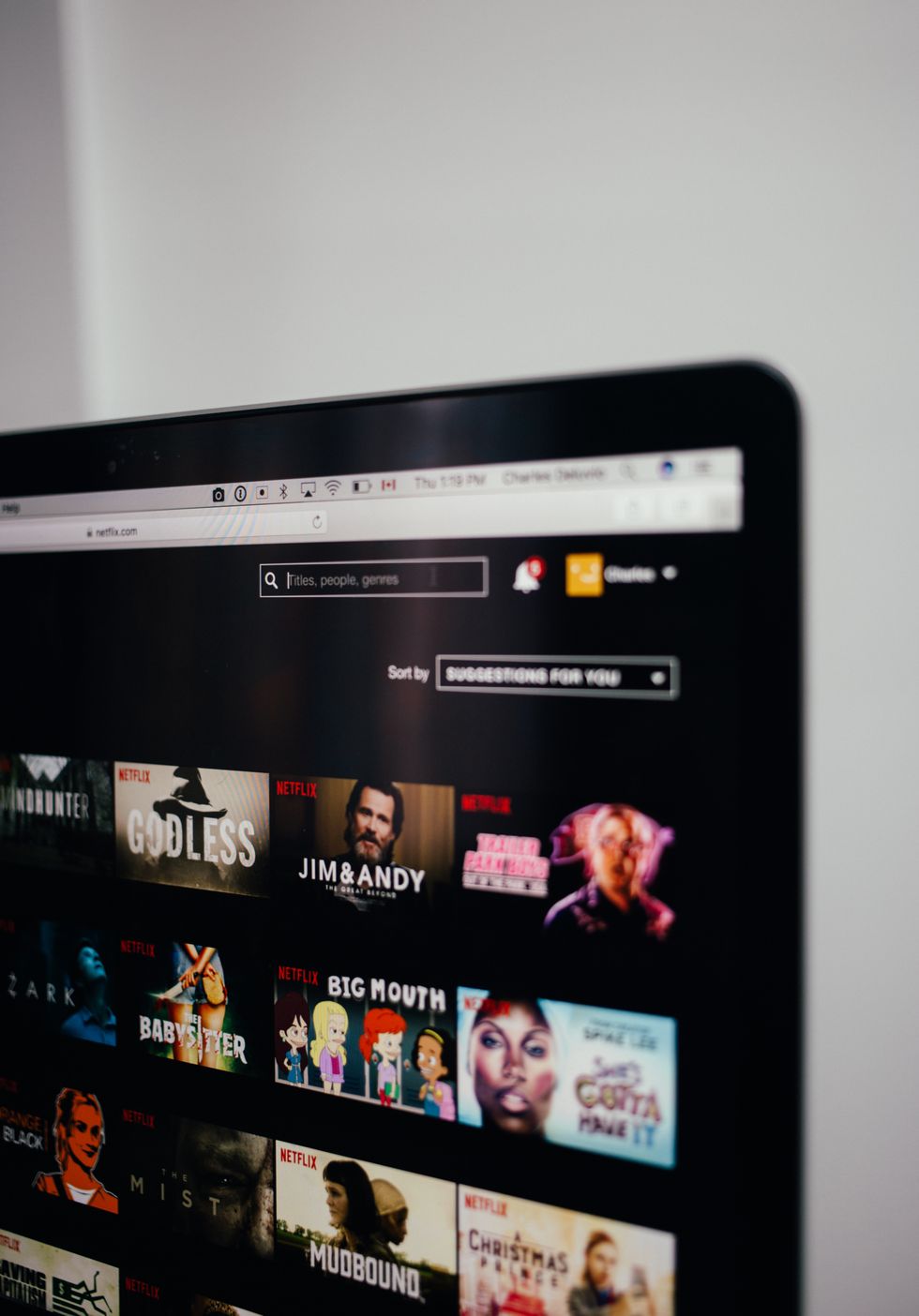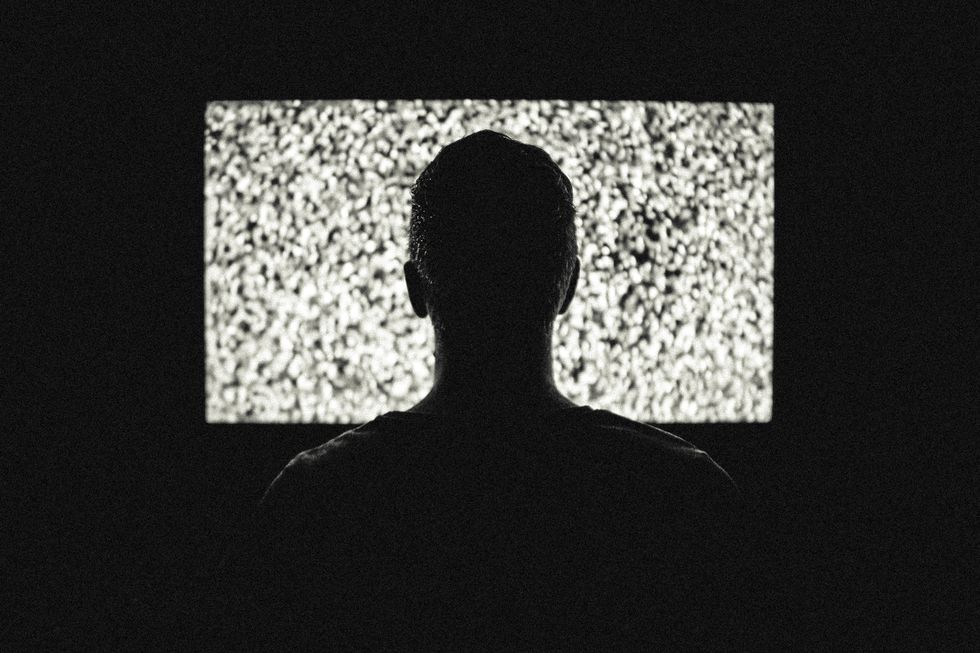As a culture, we have grown used to the concept of "television forums." It makes perfect sense: Why wait a whole week through commercials and previews to watch thirty minutes of a show when you could watch a whole season, break-free, in one sitting?
This option has, of course, been made a reality through corporations such as Netflix, Hulu and Amazon Prime. These websites offer on-demand viewing for a plethora of movies and TV shows, and have become a cultural norm in most western society homes.
With the development of such phrases as "Netflix and chill," it is evident that binge watching has become one of America's new favorite pass-times.
What does this all mean?
When it comes to breaking away from the long-empowered realm of cable television, what changes can be predicted?
One evident change is the role of commercials. The brief, annoying sales technique that has been around since the inception of television, commercials are clearly not as prominent in the world of subscription television. With a decline in viewers of cable news, and in turn, commercials, this may lead to a decrease in ad buys, which could have even larger effects -- but more on that in a moment.
Currently, an average cable bill can cost between $99 and $300 a month. A few people I interviewed were on the higher end of that spectrum. According to Fortune.com, the average cost is about $103.
I mention all of this because I pay $10.99 a month for Netflix. While this isn't a promotion for Netflix, it makes more sense to me to pay eleven dollars for ad-free, "binge-able" viewing, than to pay a hundred dollars or more for commercials and one episode of a show a week.
What happens to cable?
What I am writing now is theory and speculation, but it is based on logical deduction. Remember I said I'd talk more about commercials?
Here we go:
With viewer decline leading to a probable commercial decline, networks start to lose funding. Without funding, they can't put TV shows on their stations. So, they have to start canceling shows.
Now, many shows, including the Marvel TV shows, as well as Game of Thrones, have made their way to Netflix and Hulu respectively. They have contracts with the media providers, and can be viewed exclusively there.
As a result, most other shows will either have to pay more to be aired (as the demand for/price of commercials declines) or they will be canceled.
Basically...?
Basically, I believe that many more shows will make the transition to providers like Netflix, as those businesses are rapidly becoming the mainstreams of media. It may be the end of the reign of commercials, but I have no doubt a new type of advertising will soon be on the way.
Whether or not these eventual changes fall into play, and whether or not it will be for the best, remains to be seen. However, one thing is certain: The way we view television is changing for good.




















